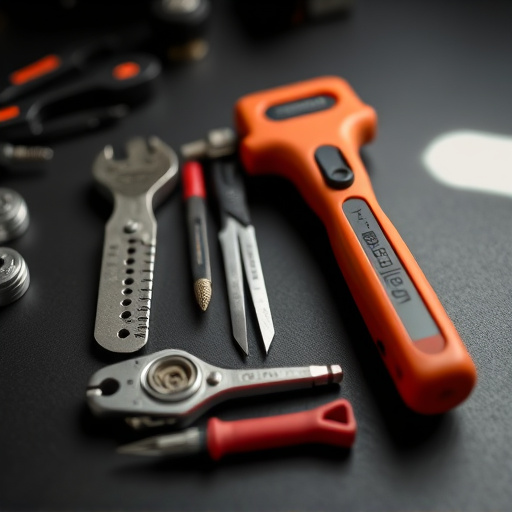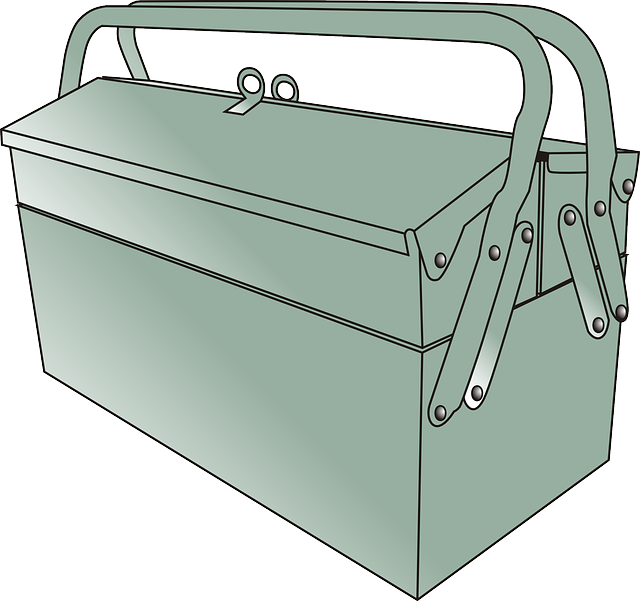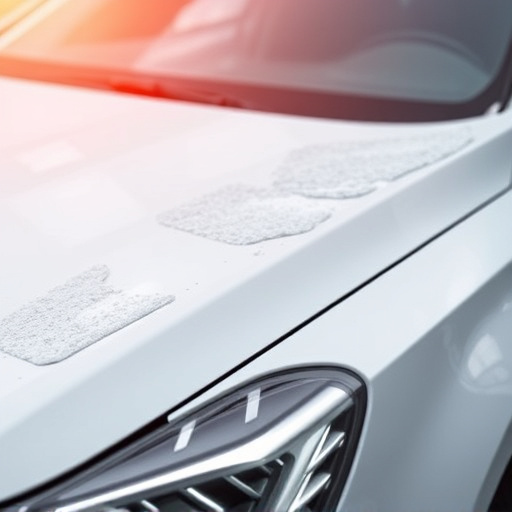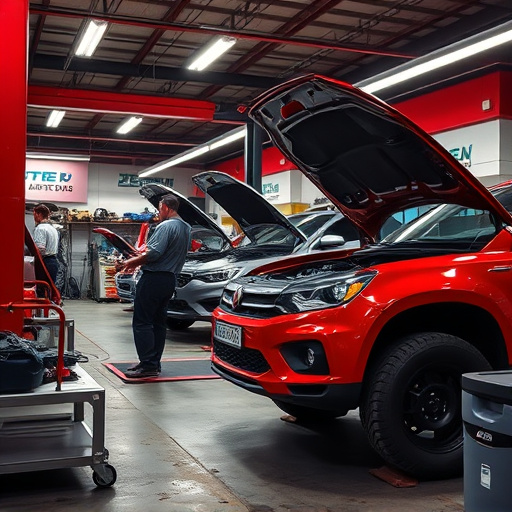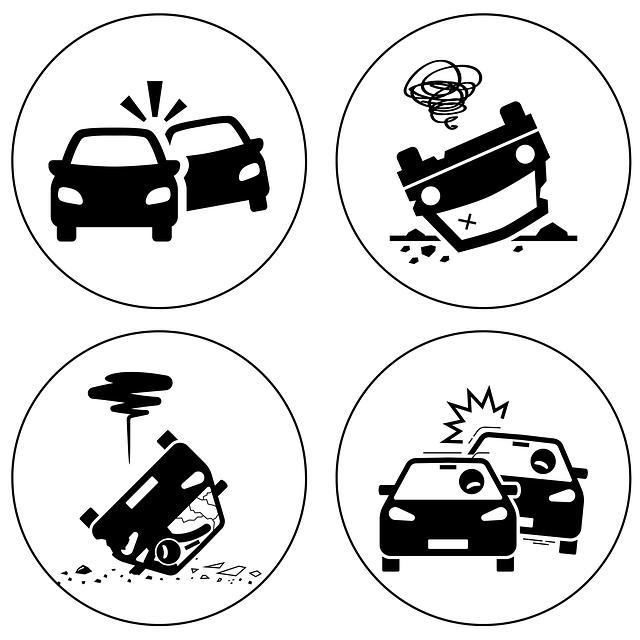PDR (Professional Detailing and Repair) certification is a sought-after credential in the automotive industry, especially for body shops and dent repair specialists. It validates skill in fixing minor vehicle damage using advanced methods like plastic deformation and paintless dent repair (PDR). Benefits include enhanced business reputation, higher pay and job security for technicians, and faster, less invasive repairs saving time and money. Top-tier trade schools offer comprehensive PDR training programs combining theory and hands-on experience, preparing graduates for real-world car body shop challenges. Structured learning paths, including ICAR standards study, reputable guides, mentorship, practical training, and practice exams, are crucial for certification exam success and equip candidates with valuable automotive body shop expertise.
Looking to enhance your career in the automotive industry? Recognized PDR (Paintless Dent Repair) certification can open doors to new opportunities. This article guides you through the process, offering insights on understanding PDR certification and its numerous benefits. We showcase top institutions providing comprehensive training, ensuring you receive the best education. Additionally, learn effective preparation strategies for the PDR certification exam, setting you up for success in this in-demand field.
- Understanding PDR Certification and Its Benefits
- Top Institutions Offering PDR Certification Training
- Preparing for the PDR Certification Exam
Understanding PDR Certification and Its Benefits

PDR certification is a highly sought-after qualification in the automotive industry, particularly for those working in car body shops and dedicated dent removal specialists. It stands for Professional Detailing and Repair, and it signifies expertise in the art of repairing minor damage to vehicle bodies, such as dents, scratches, and dings. This specialized training equips individuals with advanced techniques and knowledge to restore cars to their pre-accident condition using a variety of methods including plastic deformation and paintless dent repair.
Obtaining PDR certification offers numerous advantages for both professionals and consumers. For car body shop owners, it enhances their business’s reputation and attracts customers seeking high-quality dent removal services. Certified technicians can command higher rates due to their specialized skills, ensuring better job security and potentially increasing revenue. Moreover, the use of modern, non-invasive techniques associated with PDR certification results in less damage to vehicles, saves time, and reduces costs for both repairers and clients—a win-win situation that defines the benefits of this valuable professional credential.
Top Institutions Offering PDR Certification Training
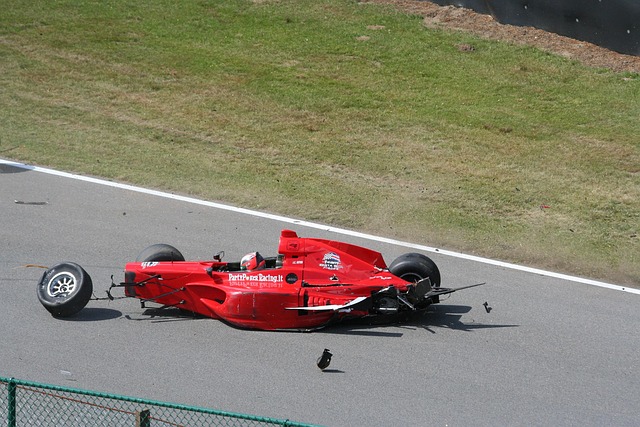
When it comes to securing a PDR certification, several top institutions stand out for their comprehensive training programs. These leaders in automotive restoration education offer courses that equip students with the skills needed to excel in the field. Some of the most reputable options include renowned trade schools and vocational centers known for their specialized curriculums focusing on paintless dent repair techniques.
Many of these top institutions provide hands-on experience alongside theoretical knowledge, ensuring students are well-prepared for real-world challenges in car body shop services. Their programs cover various aspects of PDR, from basic to advanced level repairs, reflecting the latest industry standards. With such a strong foundation, graduates are ready to take on roles within the growing sector of car bodywork services, contributing their expertise to the overall quality and efficiency of body shop services.
Preparing for the PDR Certification Exam
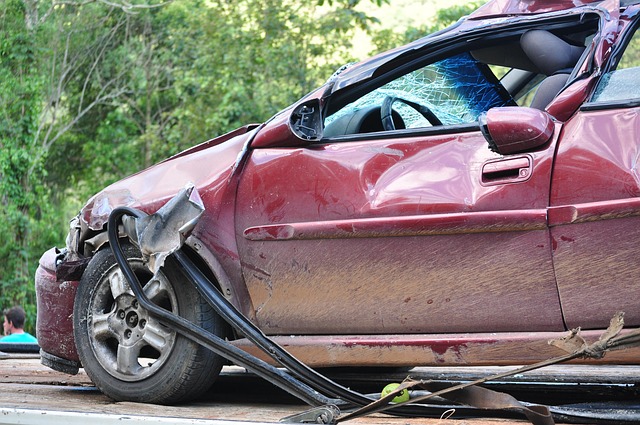
Preparing for the PDR certification exam requires a structured approach to learning and practice. Start by familiarizing yourself with the latest industry standards and regulations related to PDR, as set forth by recognized authorities like ICAR (International Automotive Body Shop Network). This includes understanding the principles of dent removal, panel alignment, and quality control measures specific to PDR techniques. Utilize reputable study guides and online resources designed for the PDR certification exam to gain a solid foundation.
Engage in hands-on training within an accredited automotive collision repair school or through experienced mentors who can provide real-world insights into PDR practices. Practice on various dent removal scenarios, from minor dings to complex panel replacements, to hone your skills. Regularly assess your progress using practice exams and seek feedback from instructors or peers to identify areas that require further refinement. This dedicated preparation will not only increase your chances of passing the certification exam but also empower you with the practical expertise needed in an automotive body shop environment.
Securing a recognized PDR certification can significantly enhance your career prospects in the automotive repair industry. By choosing reputable institutions like those highlighted in this article, you’ll gain the necessary skills and knowledge to excel in PDR training. With diligent preparation and a solid understanding of the benefits, passing the PDR certification exam is within reach. Remember, staying informed about the latest trends and continuously upskilling yourself is key to standing out in any field, especially one as dynamic as automotive technology.




